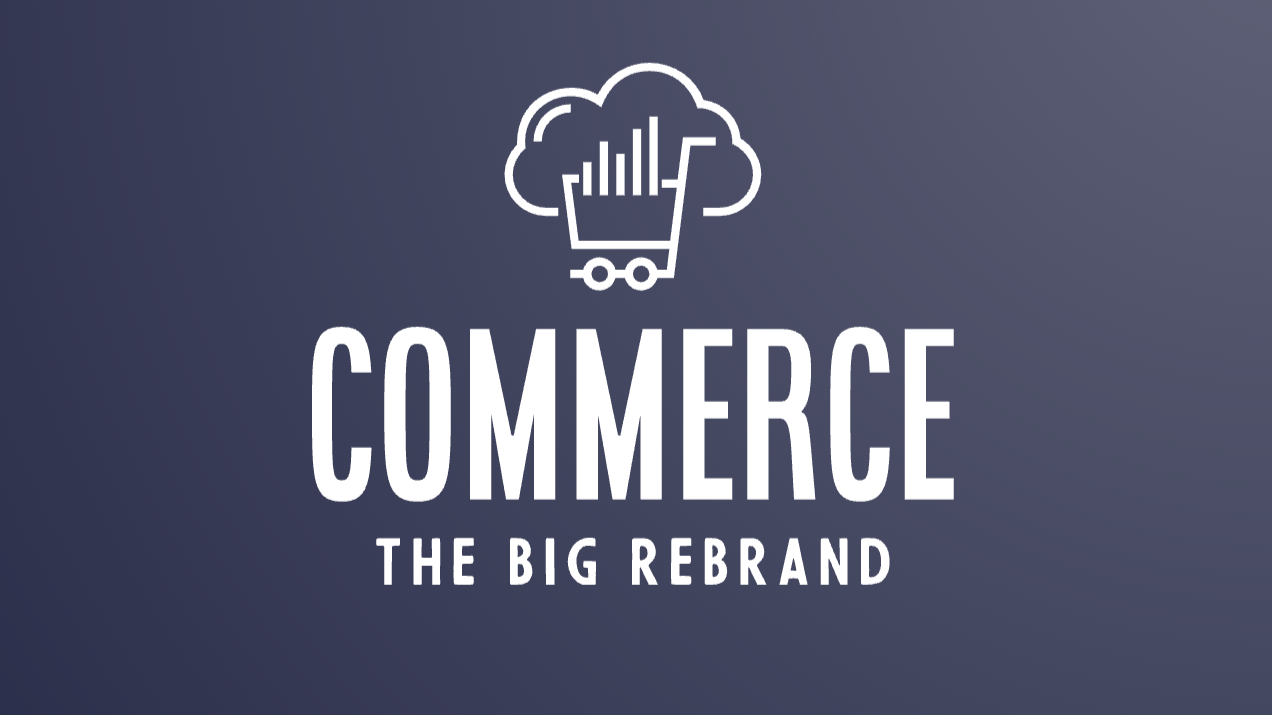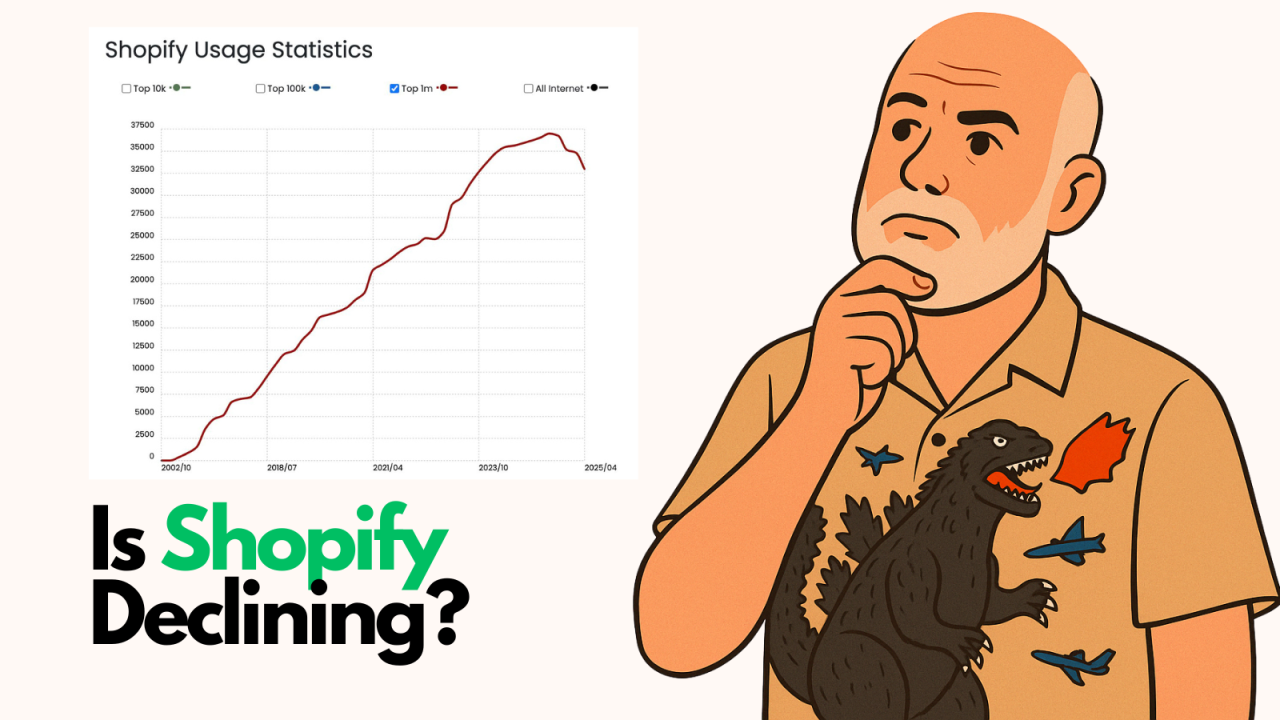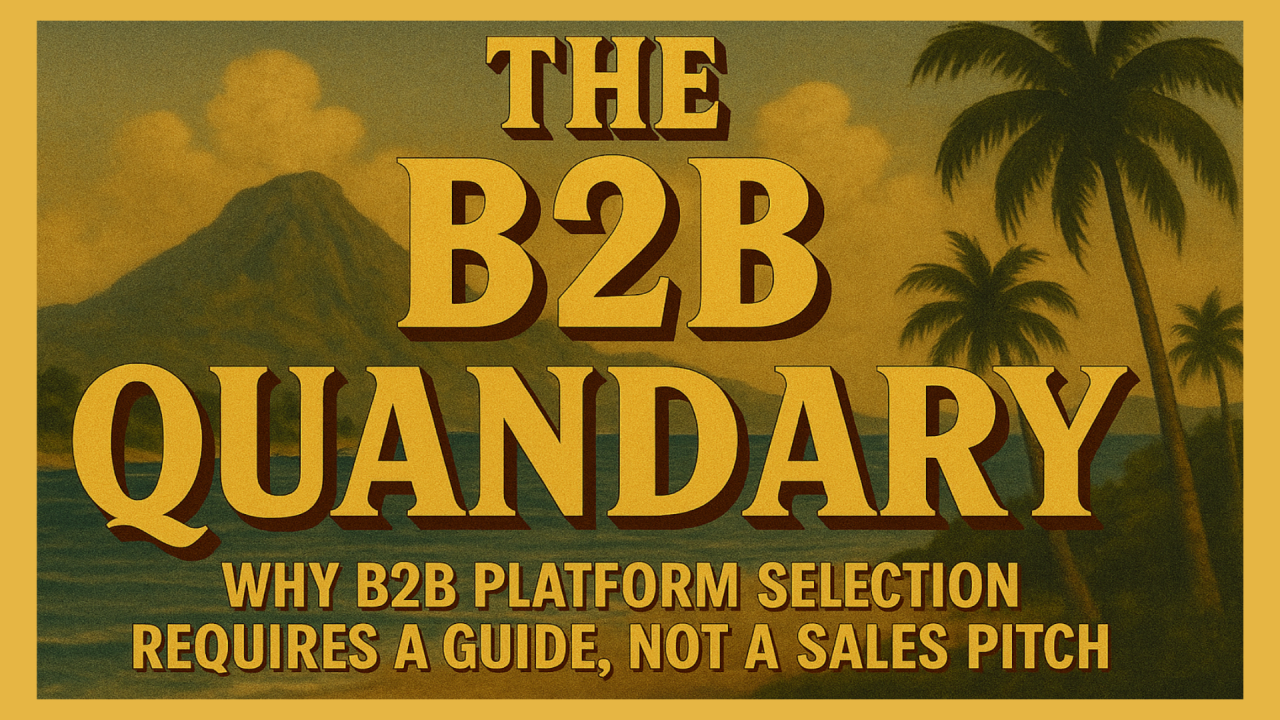
Crafting compelling content that captures your audience's interest is more critical than ever. As businesses vie for visibility in a crowded online space, leveraging data to create engaging and informative content has become a game-changer. By harnessing the power of data-driven content, you can captivate your target audience, build trust, and ultimately drive conversions. In this blog post, we'll explore the strategies and best practices for weaving data into your content, transforming it from ordinary to extraordinary.
Data-driven content is more than just a buzzword; it's a strategic approach to creating content that is grounded in facts, insights, and real-world context. By incorporating data into your blog posts, infographics, videos, and other forms of content, you can provide your audience with valuable information that resonates with their needs and interests. Studies have shown that data-driven content can boost conversions by up to 20%, making it a powerful tool for businesses looking to engage their target audience and drive results.
To craft content that truly speaks to your audience, you must understand who they are and what makes them tick. This is where buyer personas come into play. By creating fictional characters based on real people in your target audience, you can better understand their demographics, psychographics, and behaviors.
Armed with this information, you can tailor your content strategy to address their needs, pain points, and aspirations.
Once you have a clear picture of your target audience, the next step is to identify data that aligns with their interests and supports your content objectives. This data can come from a variety of sources, including:
When selecting data to incorporate into your content, it's crucial to ensure that it is credible, accurate, and up-to-date. Outdated or manipulated data can undermine your content's integrity and erode your audience's trust. Additionally, the data should be relevant to your audience and the topic, providing meaningful insights that enhance the overall narrative.
With the correct data in hand, it's time to breathe life into your content. Here are two powerful strategies for making your data-driven content stand out:
Visual Storytelling: Humans are visual creatures, and incorporating graphs, charts, and infographics into your content can make complex data more digestible and engaging. Visuals not only break up text and add visual interest, but they are also more likely to be shared on social media, expanding your content's reach.
Narrative Crafting: Data alone can be dry
and uninspiring, but when woven into a compelling narrative, it can captivate and persuade. Use data to illustrate a problem, highlight a trend, or showcase a success story, creating an emotional connection with your audience. Combining data with storytelling techniques and personal anecdotes can transform raw numbers into a meaningful and memorable experience.
Data-driven storytelling is a potent combination of facts and narrative that can elevate your content. Using data as your story's foundation, you can create a sense of credibility and authority while still forging an emotional bond with your readers. To master the art of data-driven storytelling, keep these tips in mind:
When executed effectively, data-driven stories can educate, inspire, and motivate your audience to take action.
Creating data-driven content is only half the battle; to truly maximize its potential, you need to measure and analyze its performance. Tools like Google Analytics can provide valuable insights into your content's reach, engagement, and conversion rates. By tracking metrics such as:
You can gain a clear picture of how your content resonates with your audience. Use this data to refine your content strategy, identify areas for improvement, and double down on what's working.
To streamline your content creation process and enhance the impact of your data-driven content, consider leveraging these powerful tools:
Google Trends: This free tool allows you to explore trending topics and search queries related to your industry, helping you identify relevant data and insights to inform your content strategy.
Tableau, Power BI, and Infogram: These data visualization tools enable you to create stunning, interactive visuals that bring your data to life and engage your audience.
Content Basis: This innovative solution empowers businesses to create compelling, data-driven content at scale, saving time and resources while delivering exceptional results.
By incorporating these tools into your content creation workflow, you can efficiently produce high-quality, data-driven content that resonates with your target audience.
To ensure your data-driven content hits the mark, keep these best practices in mind:
By following these guidelines and leveraging the power of data, you can create content that informs and engages your audience and drives meaningful business results.
In the fast-paced world of digital marketing, crafting compelling, data-driven content can be a time-consuming and resource-intensive. That's where ContentBasis comes in. As a state-of-the-art solution designed to help businesses create data-driven content at scale, ContentBasis streamlines the content creation process, empowering teams to produce high-quality, engaging content in a fraction of the time.
So, what are you waiting for? Start harnessing the power of data-driven content today and watch your audience engagement and conversion rates soar! Contact ContentBasis to learn more about how their innovative solution can transform your content strategy and drive accurate results for your business.
How can data-driven content help my business?
Data-driven content can help your business by providing valuable insights to your audience, establishing your authority, and driving engagement and conversions.
What types of data should I use in my content?
Your content can use various data types, including industry research, surveys, customer feedback, social media insights, and more. The key is to choose relevant, accurate data that supports your content's objectives.
How often should I measure and analyze my content's performance?
It's a good practice to measure and analyze your content's performance regularly, such as weekly or monthly, depending on your publication frequency and goals. This will allow you to identify trends, make data-driven decisions, and continuously improve your content strategy.
Can ContentBasis help me create data-driven content more efficiently?
Yes, ContentBasis is designed to streamline the process of creating data-driven content. It helps businesses produce high-quality, engaging content at scale while saving time and resources.

Following up on my earlier post about BigCommerce's rebrand announcement, I got my hands on theCleveland...

By Brent W Peterson AI vs Shopify: Is Platform Dominance Ending in 2025?

The B2B OG Reality Check In 1995, I built my first B2B website for my then computer assembly company. It...